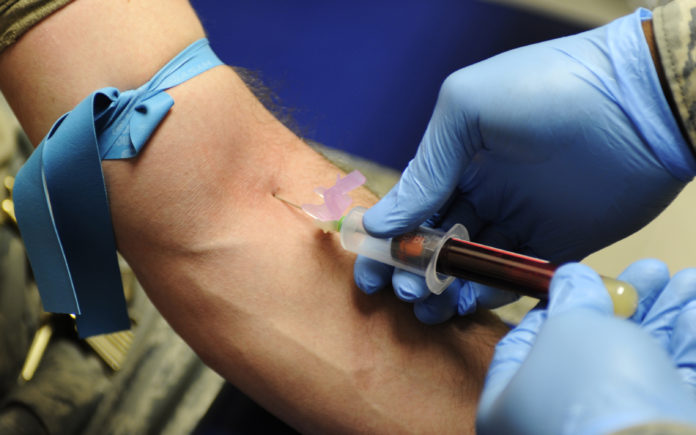
There is no vaccine for Hepatitis C that is why screening is the only preventive strategy
Screening all adults for Hepatitis C (HCV) is a cost effective way to better outcomes of the disease, suggests a new study by researchers from the Boston Medical Center, Massachusetts General Hospital (MGH). Using a simulation model, researchers from and Stanford University found that this expanded screening would increase life expectancy and quality of life while remaining cost-effective.
Hepatitis C is a viral infection of the liver. Unlike hepatitis A and B there is no vaccine available for the disease. That is why screening is the most effective form of prevention.
The Centers for Disease Control and Prevention (CDC) currently recommends HCV testing for people born between 1945 and 1965, the highest risk population in the U.S. However, recent trends in the US have shown a higher incidence rate of HCV among young people. In India there are no specific screening guidelines, in fact even the real burden is uncertain because estimates are based on small studies. According to those estimates there are more than 6 million people in India suffering from hepatitis C infection. Chronic infection accounts for 10-20% cases of cirrhosis of liver and 12-32% cases of hepatocellular carcinoma.
Hepatitis C is a viral infection of the liver. Unlike hepatitis A and B there is no vaccine available for the disease. That is why screening is the most effective form of prevention.
To address the gap in testing, the researchers created simulations to estimate the effectiveness of HCV testing strategies among different age groups. They compared effects of the current testing recommendations; of testing people over 40 years old or over 30 years old, and of testing all adults over 18 years old. All strategies included the current recommendations for targeted testing of high-risk individuals, such as people who inject drugs.
The study found that screening all adults for would identify more than 250,000 additional people with HCV, increase cure rates from 41 to 61 percent, and reduce death rates for HCV-attributable diseases more than 20 percent. The study was published online in the Clinical Infectious Diseases journal.
“When we expanded testing, the results were compelling. Changing the current recommendations could have a major public health impact, improving the quality of life for young people with HCV, and reducing death rates,” says Joshua Barocas, lead author on the study, an infectious disease physician at MGH and an instructor in medicine at Harvard Medical School.
The research team used data from national databases, clinical trials, and observational cohorts to inform their simulation models, which took into account the same demographics and HCV epidemiology of the U.S. population.
All of the age-based strategies decreased costs related to managing chronic HCV and advanced liver disease, but the strategy of testing all adults was most effective. Even in a simulated scenario that required twice as much testing among uninfected people to identify the same number of HCV cases, the testing-all-adults strategy remained cost-effective.
“Testing all adults would lead to earlier diagnosis and treatment for many people, which would help to prevent cirrhosis and other long-term complications,” says Joshua Salomon, co-senior author of the study and professor of medicine at Stanford University.








